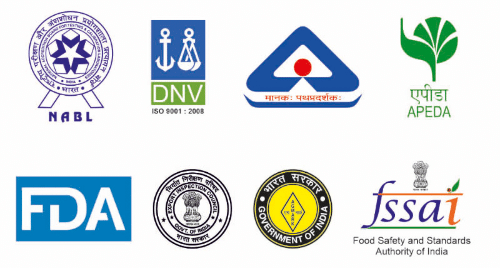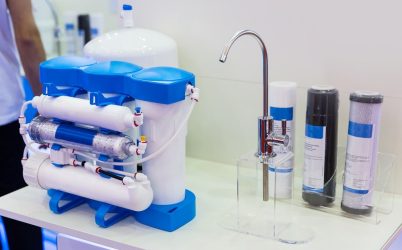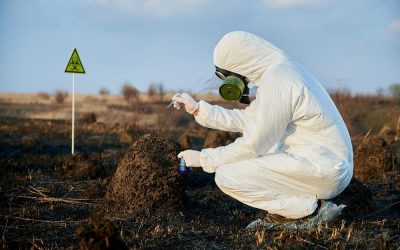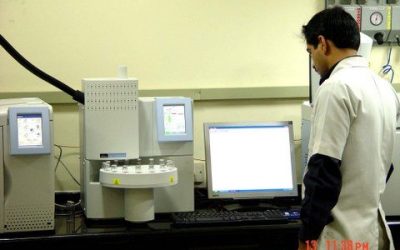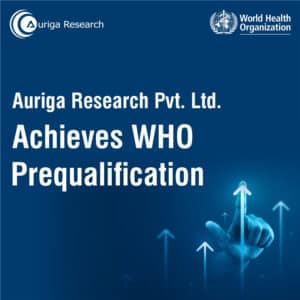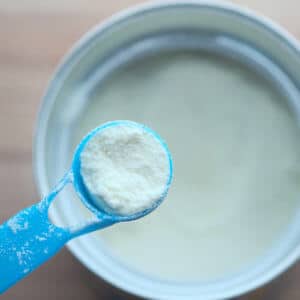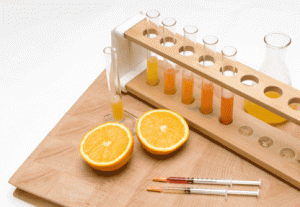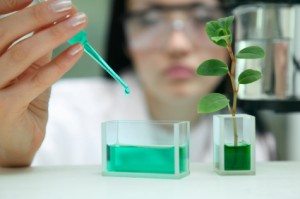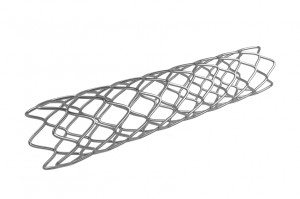Why Blood Bag testing crucial in every medical facility?
Blood bag testing is a vital process that takes place in hospitals and medical laboratories. During the procedure, blood and plasma samples are tested for presence of bacteria, viruses, parasites, or any other contaminants. This intensive process ensures safe transfusion for patients who require a blood transfusion. This is why Blood bag testing is essential for patient safety; however, it is often overlooked by healthcare providers. Blood bags are indispensable for the healthcare sector. A rigorous inspection is pivotal.to guarantee that they are usable. 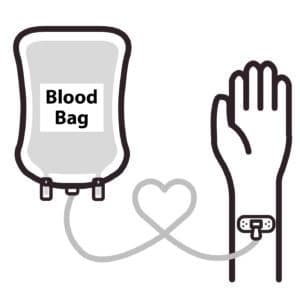
A glance at some crucial points:
- Single, double, as well as quadruple Blood bags used for blood collection and component preparation are notified ‘Medical Devices’ as per Medical Devices Rules 2017.
- Plastic Blood Bags should meet all the standards as per the specification of ISO 3826.
- Biocompatibility of the material of the plastic blood bags must be certified by the manufacturer and must be supported by the test reports of different parameters including Sterility, Pyrogen test and particulate matter count as per the specification laid down in IP/BP/USP.
What is considered in blood bag testing?
- Blood bags are tested in such a manner that the raw material should preserve its properties after some elapsed time; otherwise it may lead to tainting of the blood inside the bag. After it is filled with liquid, it cannot go through testing anymore; thus, we can’t take chances with their packing as this could prove perilous and repercussions will have to be borne by medical personnel. Blood bags are examined for their durability and how they will react after some elapsed time.
- Blood bag testing is a process used to make sure the blood stored in a blood bag is safe for use. It involves testing the red blood cells, white blood cells and platelets in a sample of donated blood to make sure it’s free of any infections such as HIV or hepatitis B or C.
- Blood bag testing involves taking samples of the donated or stored blood and analyzing them using a variety of methods. The tests are designed to check for any signs of contamination such as bacteria, viruses or other impurities in the sample. This helps to identify any potential health risks before transfusion.
What Tests Are Used To Test Blood Bags?
There are different techniques to check the biocompatibility of blood beg materials like.,cell culture cytotoxicity, Hemolysis, Systemic infections ( acute toxicity), sensitization, intracutaneous injection (irritation), particulate matter, pyrogen test and sterility. The blood bags should comply with these test parameters before use for blood transfusions.
Why Is Blood Bag Testing Necessary?
- Blood bag testing is important because it can help prevent serious health risks such as infection or illness due to transmission of bacteria, viruses or other contaminants. It also allows medical professionals to ensure that the transfused blood product matches the patient’s own red cell type more accurately which reduces risks from mismatched donors or incompatible recipients.
- Blood bag testing is necessary to ensure the safety of donated blood. Testing the blood helps to detect various infections and diseases in the donor that could be passed on through a blood transfusion. It also eliminates any other contaminants which may exist in the donated blood, such as bacterial or viral contamination. This testing is done on all donated blood before it can be released for use by medical professionals to help keep both donors and recipients safe.
Why are blood bags tested before its application?
Blood bags are essential components of the healthcare industry as they help ensure the safety of patients who receive transfusions. Before these bags are used, they must be tested thoroughly to make sure that they are free from any contaminants or defects.
The tests conducted on these bags include visual inspection, leak testing, pressure testing, and sterility testing. Visual inspection helps detect any physical damage or defects in the bag while leak testing ensures that there are no leaks in the bag itself. Pressure testing checks if the bag can withstand certain levels of pressure while sterility testing ensures that there are no microorganisms present in the bag before it is used for transfusion purposes. All these tests help guarantee patient safety and provide assurance that the blood being transferred is safe for use.
Blood transfusion is an important medical practice that has been used for many years to treat various illnesses. It involves transferring blood from one person to another, and it is a process that requires utmost care and precision. In the past, blood was stored in glass bottles which were considered safe for use. However, this method of storage led to pyrogenic contamination due to improper cleaning. This problem was solved by introducing PVC bags as a disposable component for storing and transporting blood.
Regulatory Aspect
- Test Reports issued on Form 39 by the drug testing Laboratories under Drugs and Cosmetics Rules 1945 is not legally valid.
- Blood bags should be tested from FDA approved private Medical Device Testing Laboratories approved under Medical devices Rules 2017 on Form MD-40
- It comes under the category “C” of Medical Devices Rules 2017. Drugs Controller General (I) is the Licensing Authority to issue manufacturing licenses for blood bags.
- As per notification No. 1232 (E) dated 31.3.2020 wherein all medical devices to be governed under the provisions of the DPCO 2013 w.e.f. 01/04/2020.Blood bags that are exploited for blood gathering and element reading, including single-use, dual, and quadruple applications, are declared “Medical Devices” as stipulated by the Medical Devices Rules 2017.
Our Blood Bag testing facility
Our laboratories in pan India locations have avant garde technology and are fully equipped to do all these test parameters regarding the blood bags and related products. We ensure that the blood bags meet all the regulatory standards and requirements for the manufacturers. We ensure that the biocompatibility of the material of plastic bags must be certified and supported by test reports. We deliver the testing report under Medical Device Rules on Form MD-32.
For any query you can Contact us or fill out our Query form, call us now on +91-8588851888 or drop an e-mail to [email protected]. We will be happy to provide you with a proposal for your testing requirements.


